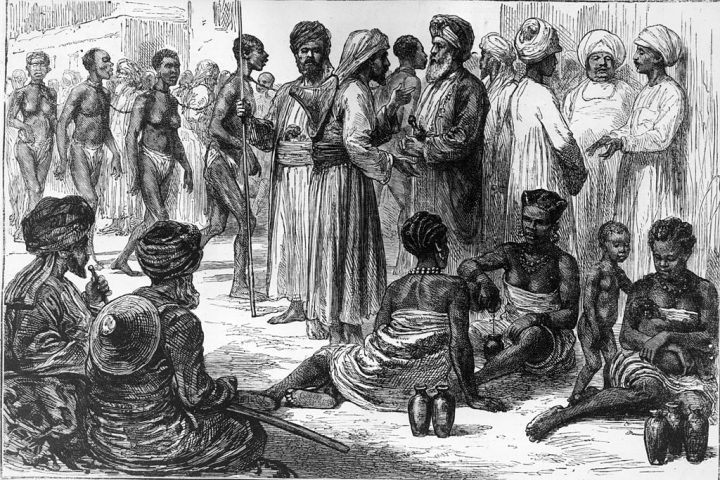The beautiful Siwa Oasis in the far western deserts of Egypt is a remarkable place, for multiple reasons. It’s probably been inhabited, continuously, for 12,000 years. Alexander the Great came here to consult the already renowned Oracle of Amun-Ra in 332BC (some say he is buried here, as he loved Siwa so much). You can swim in Roman cisterns fed by one of the 300 natural springs – which also nourish thousands of date palms and olive groves.
Already a subscriber? Log in
Subscribe for just $2 a week
Try a month of The Spectator Australia absolutely free and without commitment. Not only that but – if you choose to continue – you’ll pay just $2 a week for your first year.
- Unlimited access to spectator.com.au and app
- The weekly edition on the Spectator Australia app
- Spectator podcasts and newsletters
- Full access to spectator.co.uk
Or




















Comments
Don't miss out
Join the conversation with other Spectator Australia readers. Subscribe to leave a comment.
SUBSCRIBEAlready a subscriber? Log in